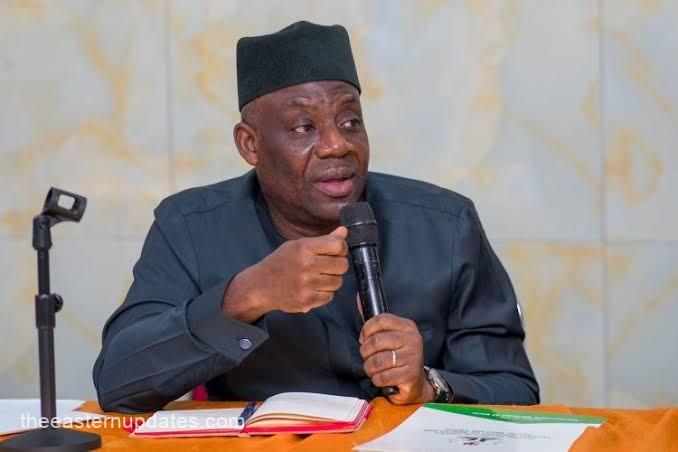By Saintmoses Eromosele (SME)
When the Federal Government announced that Mathematics would no longer be compulsory for admission into arts and humanities, the applause was instant. Parents sighed with relief; students who had fought lifelong battles with algebra rejoiced online. But beneath the excitement lies a question too serious to ignore: are we reforming education or simply lowering the standard to make failure acceptable?
It is true that not everyone is wired for numbers. The arts speak a different language — the rhythm of thought, imagination, and expression. Shakespeare did not need trigonometry to write Hamlet; Achebe did not consult calculus before penning Things Fall Apart. Uwaifo did not need Quadratic Equation before doing Jolomi. In that sense, freeing literature or theatre students from the tyranny of simultaneous equations looks merciful. But this is 2025, not 1975. The modern humanities are no longer immune from numbers. Journalists now analyze datasets; historians and sociologists use statistics to trace migration; even philosophers quantify arguments with logic models. To erase mathematics entirely is like teaching someone to drive but forbidding them from learning to read road signs.
Around the world, nations balance mercy with merit. In China, the Gaokao examination makes mathematics unavoidable – even if you want to study Confucius or Mandarin – not to create mathematicians but disciplined thinkers. Japan’s EJU requires it even for humanities candidates, seeing math as the foundation of order. In Germany, the Abitur treats mathematics as a universal civic skill; one cannot study art or law without it. France and Italy, though more flexible, still insist on basic numeracy, a derogation from General Mathematics, within their national curricula. In the United States, a poet must still take a course in quantitative reasoning or statistics before graduating. Only Nigeria, it seems, has chosen to grant exemption not through reform but through resignation.
The intention is noble: to give bright students who fear numbers a chance at university. Yet good intentions are not enough. Without structure, the policy risks producing fluent speakers who cannot read a budget, social scientists who cannot interpret a survey, and administrators who mismanage figures they cannot compute. The danger is not in removing mathematics from admission; it is in removing numeracy from thought. The policy should be reviewed with the same urgency it was announced.
Read Also: REBUTTAL: BAYO OJULARI CLARIFIES RESIGNATION, DISMISSES “ABDUCTION” CLAIMS AS FICTION
What Nigeria needs is not abolition but adaptation. Replace compulsory mathematics with something humane and useful — Quantitative Literacy for the Humanities, a course that teaches journalists how to interpret polls, theatre students how to manage stage budgets, historians how to handle data, and writers how to understand audience analytics. Numbers are not enemies; they are tools. Every educated mind should know how to use them.
Education should liberate the mind, not excuse its weakness. Nations that understand this build balanced citizens — China drills mathematics to enforce discipline, Germany to preserve logic, Japan to sustain order, France to blend culture with competence, check the outcome in their various GDP. Nigeria must decide whether it wants to raise thinkers or merely graduates. Reform should mean progress, not escape. History has shown that countries which run from mathematics rarely ever calculate their future right.
Saintmoses Eromosele (SME) is writer, sociologist and public policy commentator based in Benin City. Feel free to publish, and reproduce.
talktosme@gmail.com / 0 807 943 6049











